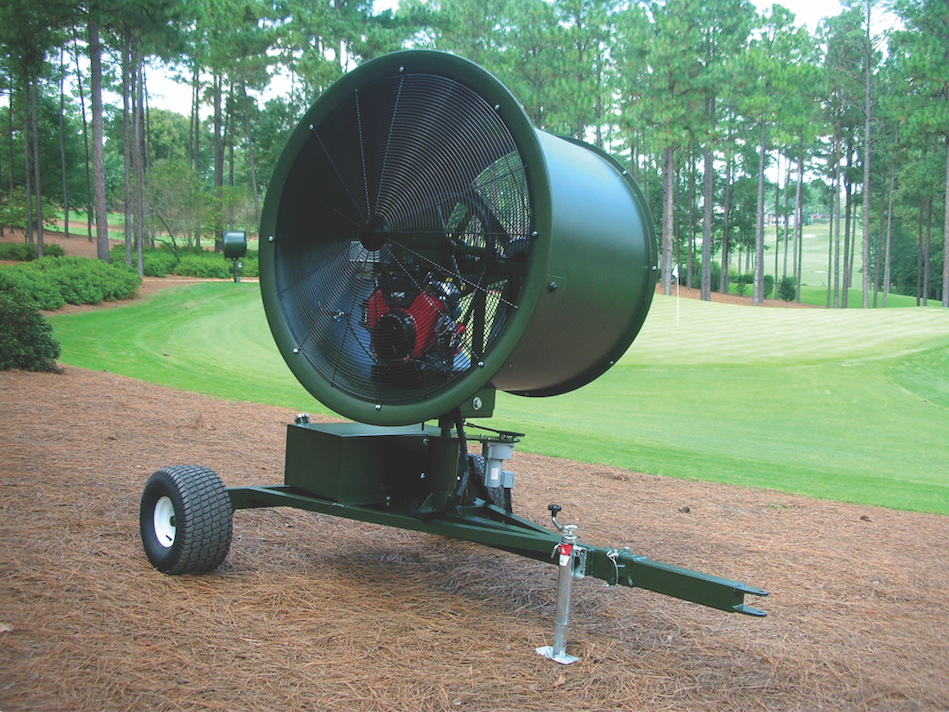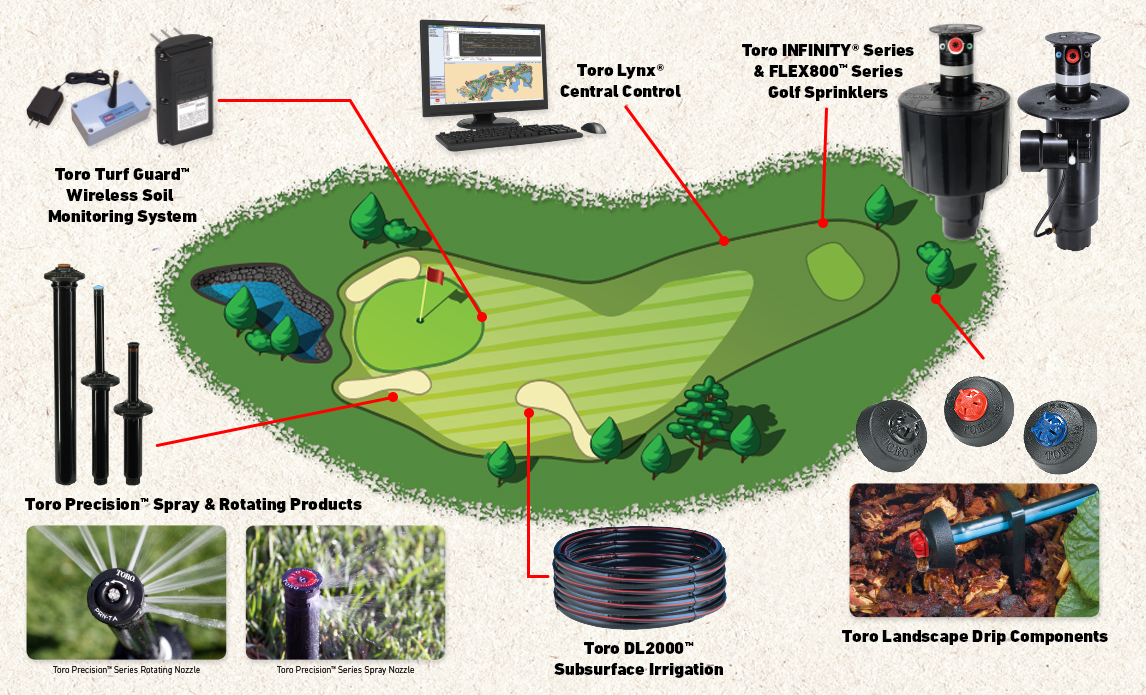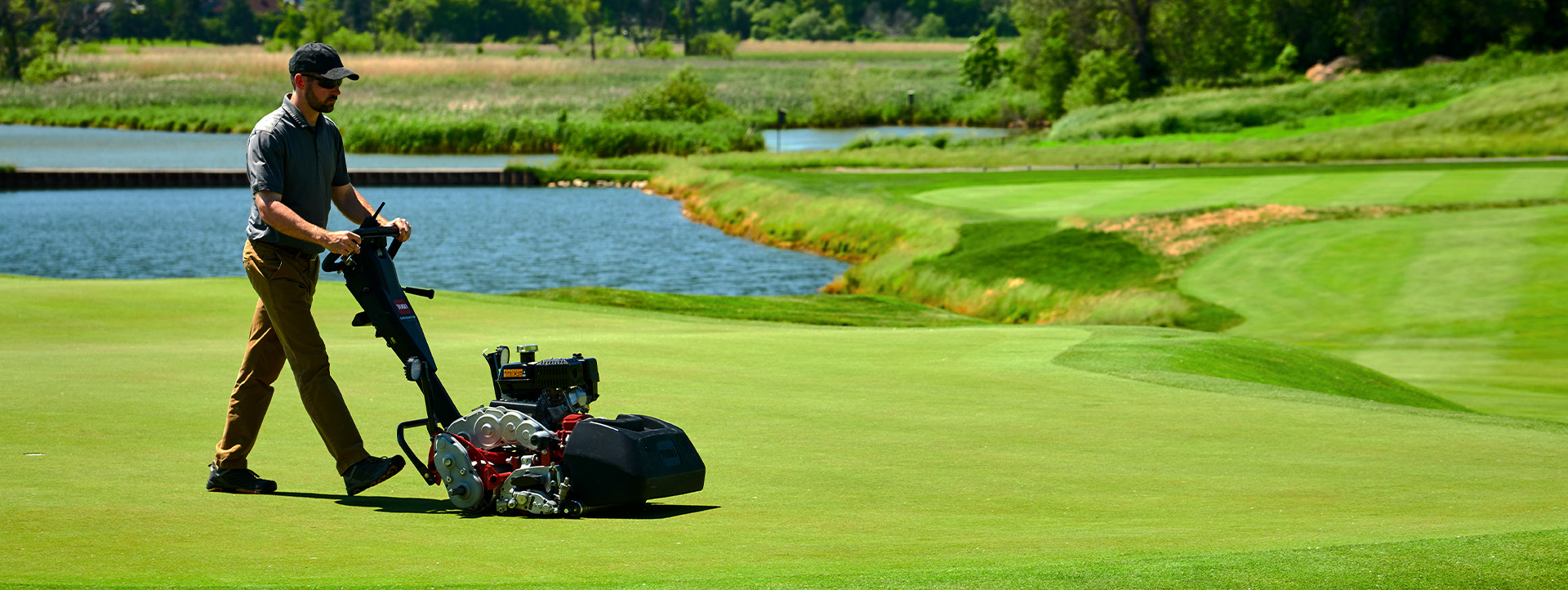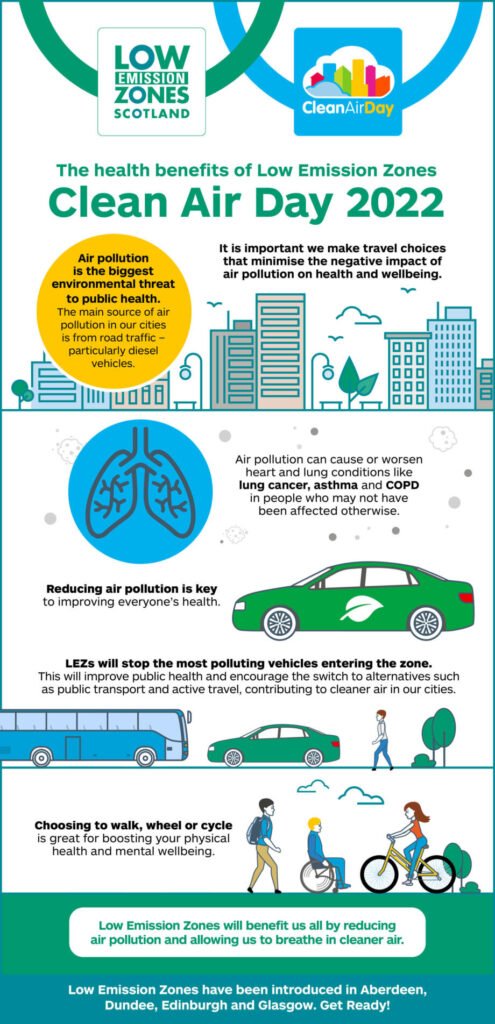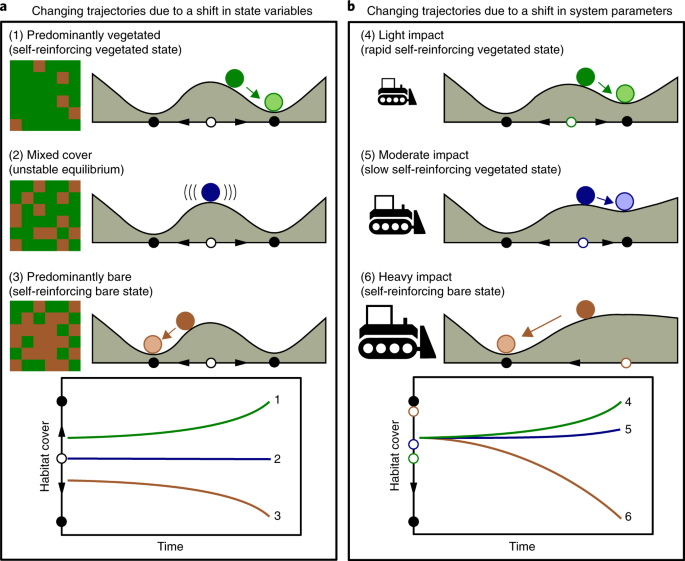In this article, you will explore sustainable solutions for yard equipment used on golf courses. With an emphasis on zero emissions, this eco-friendly approach aims to reduce the environmental impact of maintaining these sprawling landscapes. From electric mowers to solar-powered accessories, discover how golf courses are adopting green practices to protect the planet while still providing pristine greens for players to enjoy.
This image is property of cdn2.toro.com.
Overview of Sustainable Solutions for Golf Course Yard Equipment
Introduction to sustainable yard equipment
When it comes to maintaining the lush greens and pristine landscapes of golf courses, the use of sustainable yard equipment is becoming increasingly important. As awareness of environmental issues grows, golf course operators are seeking alternatives to conventional equipment that can have a negative impact on the environment. Sustainable yard equipment offers a cleaner, greener solution that minimizes carbon footprint, reduces noise pollution, and protects natural resources. This article will explore various sustainable solutions for golf course yard equipment, highlighting their benefits and different types available.
Benefits of using sustainable yard equipment
Using sustainable yard equipment on golf courses offers numerous benefits, making it an attractive option for operators and greenkeepers alike. One of the primary advantages is the reduction in carbon emissions. Traditional yard equipment that relies on fossil fuels emits harmful greenhouse gases, contributing to climate change. By switching to sustainable alternatives, golf courses can significantly lower their carbon footprint and play their part in combating global warming. Additionally, sustainable yard equipment tends to be quieter, thus reducing noise pollution and providing a more pleasant experience for both golfers and nearby residents. Furthermore, sustainable solutions often require less maintenance and have lower operating costs, resulting in long-term financial savings for golf course owners.
Electric Equipment
Advantages of electric yard equipment
Electric yard equipment offers a range of advantages over traditional gasoline-powered equipment. Firstly, electric equipment produces zero emissions during use, making it an eco-friendly choice. This not only aids in environmental preservation but also ensures a healthier working environment for golf course staff. Electric equipment also tends to be quieter, reducing noise pollution and improving the overall experience for golfers. Another benefit is the convenience of electric equipment. It eliminates the need for refueling since it can be easily recharged with electricity, saving time and reducing the reliance on fossil fuels.
Types of electric yard equipment
There are various types of electric yard equipment that golf courses can adopt. Electric lawn mowers are perhaps the most common, offering a clean and efficient way to maintain the greens and fairways. Electric trimmers and edgers are also available for precise and environmentally friendly maintenance of grassy borders and hard-to-reach areas. In addition, electric blowers provide a powerful yet silent solution for clearing leaves and debris from the golf course. Golf courses can also consider electric chainsaws for tree maintenance and electric vehicles for transportation around the course.
Challenges in adopting electric yard equipment
While electric yard equipment offers numerous benefits, there are also challenges that golf courses may face when adopting this technology. One of the main challenges is the initial cost. Electric equipment can be more expensive upfront compared to traditional equipment. However, it is essential to consider the long-term savings in terms of reduced maintenance and operating costs. Additionally, the limited battery life of electric equipment may pose challenges, especially for larger golf courses that require heavy use of equipment throughout the day. To overcome this, golf course operators may need to invest in additional batteries or strategically plan recharging stations.
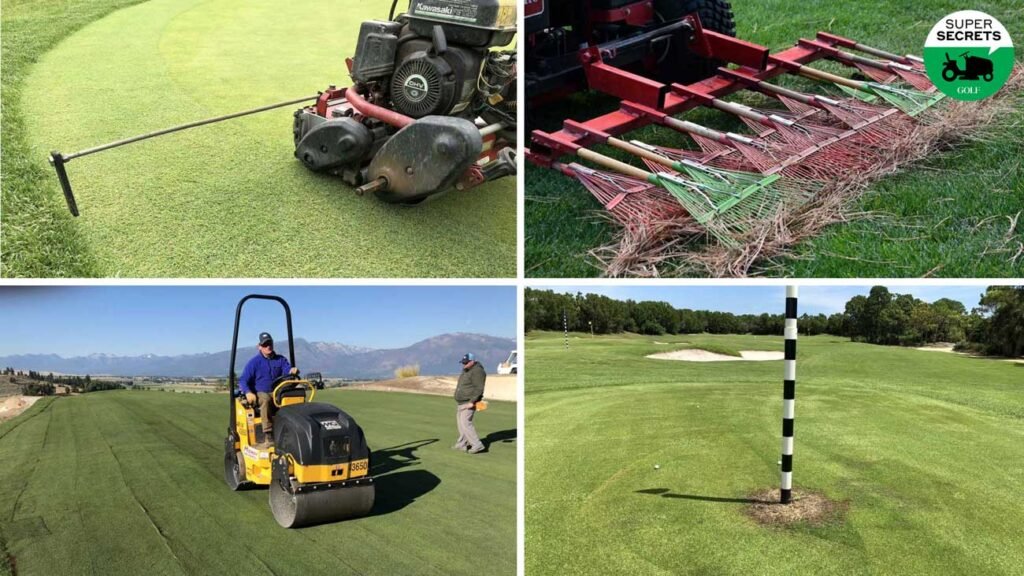
This image is property of golf.com.
Solar-Powered Equipment
Advantages of solar-powered yard equipment
Solar-powered yard equipment harnesses the energy of the sun to provide a sustainable and cost-effective solution. One of the primary advantages of solar-powered equipment is its zero emissions during operation. By utilizing renewable energy, golf courses can significantly reduce their carbon footprint and minimize their impact on the environment. Solar-powered yard equipment also offers greater energy independence. The sun’s energy is readily available and can be stored in batteries for use when needed, providing a reliable power source. Additionally, solar-powered equipment tends to have lower operating costs since it relies on free and abundant solar energy.
Solar-powered mowers
Solar-powered mowers offer an eco-friendly alternative to traditional gasoline-powered mowers. These mowers utilize solar panels to capture sunlight and convert it into electricity to power the motor. With advancements in technology, solar-powered mowers are now capable of providing sufficient power for efficient lawn maintenance. They are quiet, emission-free, and cost-effective in the long run since they eliminate the need for fuel and reduce maintenance requirements.
Solar-powered irrigation systems
Watering golf course landscapes is a crucial aspect of maintenance, and solar-powered irrigation systems provide a sustainable solution. These systems capture solar energy to power pumps and sprinklers, ensuring that water is distributed efficiently and effectively throughout the course. Solar-powered irrigation systems not only reduce water consumption but also lower energy costs by relying on renewable energy for operation.
Alternative Fuels
Biofuel-powered equipment
Biofuels offer an alternative to conventional fossil fuels, providing a greener choice for yard equipment. Biofuel-powered equipment operates on fuels derived from organic matter, such as plant oils, animal fats, or agricultural waste. This renewable energy source significantly reduces greenhouse gas emissions and dependence on non-renewable fossil fuels. Biofuel-powered equipment can be adapted to various types of yard equipment, including mowers, trimmers, and blowers, offering a sustainable option for golf course operators.
Hydrogen-powered equipment
Hydrogen-powered equipment presents another sustainable solution for golf course yard maintenance. Hydrogen fuel cells generate electricity by combining hydrogen and oxygen, emitting only water vapor as a byproduct. This makes hydrogen a clean and renewable energy source. Hydrogen-powered equipment, although still in the early stages of development, shows promise in providing zero-emission solutions for mowers, utility vehicles, and other yard equipment.
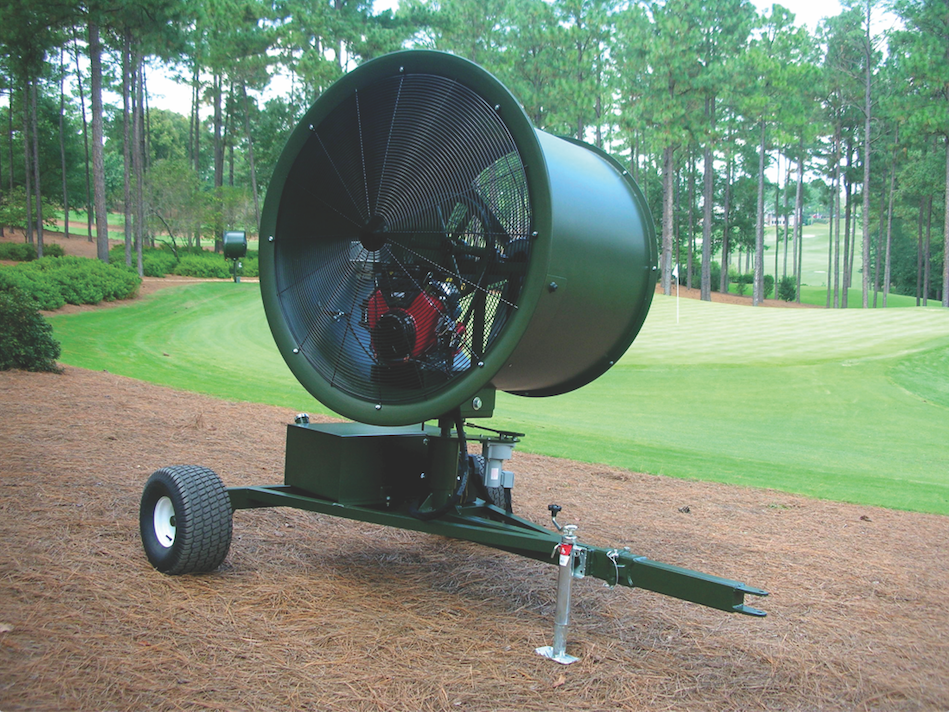
This image is property of www.greenkeepingeu.com.
Mower Technologies
Reel mowers
Reel mowers, also known as cylinder mowers, offer a sustainable alternative to rotary mowers commonly used on golf courses. These mowers use a rotating cylindrical reel of blades to cut the grass, providing a clean and precise cut. Reel mowers are generally manual or electric, eliminating the need for gasoline-powered engines and reducing emissions. They also tend to produce less noise, contributing to a quieter and more enjoyable golfing experience.
Robotic mowers
Robotic mowers are an innovative solution for golf course maintenance, offering autonomous and efficient operation. These mowers navigate the course using sensors and AI technology, independently mowing designated areas. Robotic mowers reduce the need for human labor and can be programmed to operate during off-peak hours, minimizing disruption to golfers. Most robotic mowers are electric, further enhancing their sustainability by eliminating emissions and reducing noise pollution.
Hybrid mowers
Hybrid mowers combine the advantages of electric and gasoline-powered engines, offering a sustainable and versatile option. They operate on a combination of electricity and fuel, allowing for the flexibility of switching between power sources depending on the task at hand. Hybrid mowers can run on electricity when noise and emissions need to be minimized, and switch to gasoline power for more demanding or longer mowing sessions. This hybrid technology reduces fuel consumption and emissions while providing the power and performance required for efficient yard maintenance.
Irrigation Systems
Water-efficient irrigation systems
Water is a valuable resource, and utilizing it efficiently is crucial for sustainable golf course maintenance. Water-efficient irrigation systems offer intelligent control and distribution of water, minimizing waste and promoting responsible water management. These systems utilize sensors, weather data, and precise watering schedules to deliver the right amount of water to specific areas of the golf course, ensuring healthy growth while minimizing water consumption. Water-efficient irrigation systems can significantly reduce water usage and, consequently, the associated energy costs for pumping and distribution.
Smart irrigation controllers
Smart irrigation controllers integrate advanced technology and data analysis to optimize watering and conserve water resources. These controllers use weather data, soil moisture sensors, and historical data to create irrigation schedules tailored to the specific needs of the golf course. By accurately determining when and how much water to apply, smart irrigation controllers prevent over-watering and reduce unnecessary water waste. This precision and efficiency not only conserve water but also minimize energy consumption and maintenance efforts.

This image is property of res.cloudinary.com.
Maintenance Practices
Maintaining yard equipment is essential to ensure its longevity and performance. Adopting proactive maintenance practices can contribute to the sustainability and efficiency of equipment operation.
Proactive equipment maintenance
Proactive equipment maintenance involves regular inspections, cleaning, and servicing to identify and address potential issues before they become significant problems. By adhering to a proactive maintenance schedule, golf course operators can extend the lifespan of their equipment and optimize its performance. This leads to fewer breakdowns, reduced energy consumption, and lower repair costs. Proactive maintenance practices also help minimize environmental impact by reducing fluid leaks and emissions from poorly maintained equipment.
Equipment collective usage programs
Implementing equipment collective usage programs can help maximize resource efficiency and reduce environmental impact. By coordinating equipment schedules and sharing resources among neighboring golf courses, operators can reduce the need to purchase and maintain excess equipment. This collective approach minimizes carbon emissions, reduces equipment underutilization, and optimizes resource allocation. By working together and sharing the load, golf courses can contribute to a more sustainable industry while saving costs.
Education and Training
Providing education on sustainable practices
Educating staff and golfers about sustainable practices is crucial for the successful adoption of sustainable yard equipment. By providing information and highlighting the benefits of eco-friendly alternatives, courses can promote a culture of environmental responsibility. This can involve hosting workshops, seminars, and training sessions to increase awareness and understanding of sustainable equipment options and their impact on the environment.
Training staff on sustainable equipment usage
Proper training on the usage and maintenance of sustainable yard equipment is vital to ensure its optimal performance and longevity. Staff should be educated on the features, functionality, and best practices associated with the equipment. This includes charging procedures, battery care, and safety protocols specific to electric or solar-powered equipment. Effective training enables staff to maximize the benefits of sustainable equipment, minimize inefficiencies, and contribute to the long-term sustainability of the golf course.
This image is property of cdn2.toro.com.
Financial Considerations
Cost of implementing sustainable equipment
The cost of implementing sustainable equipment can be a significant concern for golf courses considering a transition. While sustainable options may have higher upfront costs compared to conventional equipment, it is crucial to consider the long-term financial benefits. Electric and solar-powered equipment typically have lower operating costs, reduced maintenance requirements, and longer lifespans, resulting in cost savings over time. Additionally, savings in fuel costs, reduced emissions fines, and potential incentives should be factored into the overall financial analysis.
Return on investment
Although the initial investment in sustainable equipment may be higher, the return on investment (ROI) can be substantial. By reducing operating costs, optimizing equipment performance, and benefiting from potential government incentives or grants, golf courses can achieve a positive ROI over time. Additionally, sustainable practices and equipment may enhance the golf course’s reputation, attract environmentally conscious golfers, and contribute to long-term profitability.
Regulatory and Policy Support
Government incentives and grants
Government incentives and grants can play a crucial role in promoting the adoption of sustainable yard equipment. Many countries and regions offer financial support, tax incentives, or grants to encourage businesses to transition to eco-friendly alternatives. Golf courses can explore these opportunities to offset the initial costs of sustainable equipment implementation. It is essential to research and understand the specific incentives and grants available in the local jurisdiction to take full advantage of the support provided.
Environmental regulations
Environmental regulations also drive the adoption of sustainable yard equipment. Governments may introduce or tighten regulations to limit emissions, noise pollution, and resource consumption. By staying informed about the latest regulations, golf course operators can proactively adopt sustainable equipment that aligns with the requirements. Compliance with environmental regulations not only helps preserve the environment but also protects the reputation of the golf course and ensures long-term viability within the industry.
In conclusion, sustainable yard equipment is revolutionizing the golf course industry, offering eco-friendly alternatives for maintaining beautiful landscapes and reducing environmental impact. Electric and solar-powered equipment, along with alternative fuels and innovative mower technologies, provide cleaner and more efficient options for yard maintenance. Water-efficient irrigation systems, coupled with proactive maintenance practices and training programs, further contribute to sustainability efforts. Financial considerations, including the cost of implementation and the return on investment, as well as regulatory support, are essential factors to consider when transitioning to sustainable equipment. By embracing and investing in sustainable solutions, golf courses can demonstrate their commitment to environmental stewardship, enhance the golfing experience, and create a greener future for the industry.

